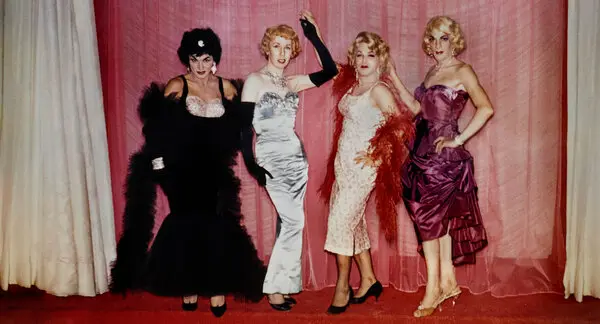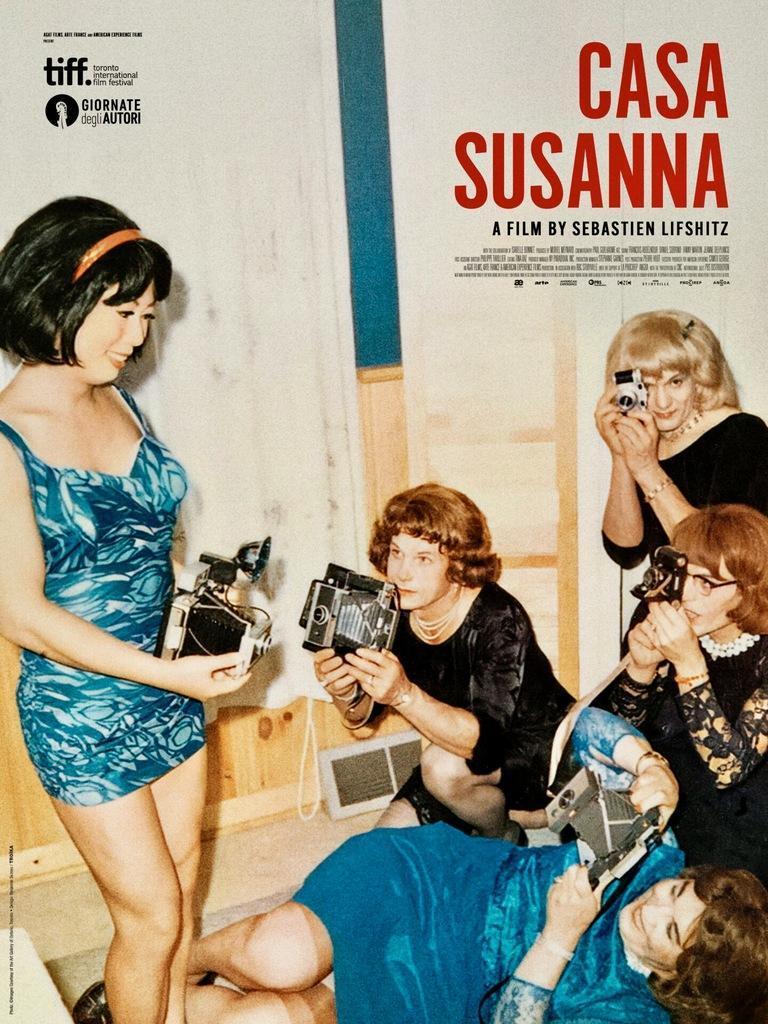Casa Susanna is a 2022 documentary that explores the eponymous residence nestled in the Catskills Mountains that was a safe space for the transgender and cross-dressing communities during the 1950s and ‘60s. This film has a running time of 1 hour and 37 minutes. Casa Susanna is recommended for viewers 16 years of age and older. Prospective viewers should be aware that this documentary includes antiquated language in reference to transgender people, discusses rejection by family members, and a moment of suicidal ideation. Currently, Casa Susanna is available to watch for free on PBS.org and is on Prime Video with a premium subscription, YouTube, Google, and Fandango at Home. Within the transgender subject matter, this film talks specifically about gender identities and gender roles, the process of transitioning as well as LGBTQ+ history.
In recounting the significance of Casa Susanna, this film incorporates interviews, photos, and conversations between those who were connected to the residence and the trans woman who opened this home for members of her community. Susanna wanted a place where transgender individuals along with those who cross-dressed could be their authentic selves. To that end, group listening sessions and female impersonators shows were hosted every Saturday night. These gatherings permitted participants to talk about topics that they were otherwise too scared to bring up at a time when information about the community was scarce. Not only did Casa Susanna provide a sense of belonging to indviduals, these weekly impersonator shows also helped ease them into the notion of transitioning. For one of the interviewees, she came to the realization at Casa Susanna that she needed to receive Gender Confirmation Surgery as did many of her friends. Over time these personal milestones signaled a change for the residence: Casa Susanna moved to a smaller location that became a bed and breakfast before closing entirely.

Overall, Casa Susanna enlarges the scope of the transgender experience through the true stories told by the people interviewed in a largely pre-Stonewall world. These accounts, while poignant at times, make clear that there were outlets for queer expression besides gay bars in major cities, where indviduals could feel affirmed and celebrated. This documentary takes the time to mention the aging trans population, which is rarely discussed. The organization of this film could be improved in the way the stories move back and forth. The interviewees are unnamed, and the footage shown does not always reflect the person doing the voiceover. When various stories are being told, this inconsistency can make the film hard to follow.
Media can be a form of community interaction in the way that individuals can remain informed as to what is happening within their community. If you are questioning your identity, would like to discuss coming out, or need local LGBTQ+ resources, please contact the National LGBT Help Center through the support services listed below.
Lesbian, Gay, Bisexual, and Transgender (LGBT) National Hotline: 1-888-843-4564
LGBT National Coming Out Support Hotline: 1-888-688-5428 (1-888-OUT-LGBT)
LGBT National Youth Talkline: 1-800-246-7743 (1-800-246-PRIDE)
LGBT National Senior Hotline: 1-888-234-7243
You can also reach out online at www.LGBThotline.org/chat

